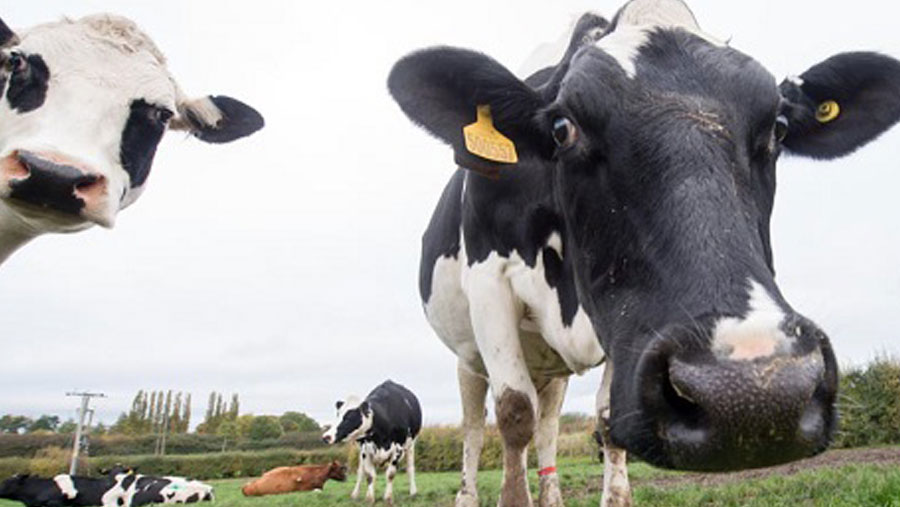Advertiser content
How Arla is helping dairy farmers to reduce carbon emissions
Events in recent months have highlighted both the strength and the fragility of our industry. Graham Wilkinson, Agriculture Director for Arla Foods, reveals how the cooperative spirit at Arla has kept the team going.

Graham Wilkinson, Agriculture Director for Arla Foods
What a couple of months it has been!
We all know how difficult recent weeks have been for anyone selling into food service businesses.
The impacts have been significant, and the challenges great. But the overwhelming sentiment that I feel is one of pride – both in our farmers and the continued support we’ve seen from our customers.
I am so proud to work for a farmer-owned cooperative and proud of the way our colleagues, our farmers and our supply chain have pulled together.
But what has struck me most, is that our pride comes from a long-term commitment to always try to do the right thing.
As we move into a new normal, one of the biggest focuses for our farm owners at the moment is climate checks.
This is a new programme that will see every Arla farmer know exactly how many carbon emissions are produced, per litre of milk on their farm.
It’s a game changer in being able to give our owners clear guidance on prioritising the areas that could help most in reducing their on-farm emissions.
With this cumulative data, we are developing the world’s largest climate database, through which Arla can take a company-wide view on how we are reaching our goal to become Carbon Net Zero by 2050.
Surely not a priority right now, I hear you say? Well, in fact it is, and will continue to be so.
If we take our eye off our longer-term goals, we will never be able to reach them.
Sustainability now runs through the core of Arla Foods, and a responsible approach is of the utmost importance to our customers and their consumers.
The more we can look ahead now, the better insulated we are from the challenges that may arise further down the line. It’s also going to continue to be important for retailers and the public.

Sustainability and animal welfare remain the biggest opportunity, and yet, the biggest threat to our industry.
If we can get the details to help us tell our story in the right way, then we can prove what farmers have known all along; that dairy farming is, and will continue to be, an important part of sustainable food production in the UK.
And the time to do this is now. The public has been reawakened to where their food comes from and the work of those who feed the nation.
With uncertainty on milk pricing, the importance of building resilience into what we do has long been an objective shared by Arla and its farmers.
From the launch of our new look R500 programme, that now enables all Arla members to access it’s unique benchmarking scorecard tool, to our Arla UK 360 programme and our Arlagarden standards, we need to continue to proactively develop.
It is the resilience of our industry that will shape our new norms in the months and years ahead, and as the immediate implications of coronavirus start to lift, the previous challenges and opportunities of our industry will remain.
Provided by
Arla Foods is a global dairy cooperative owned by 8,500 dairy farmers, around 1,900 of which are in the UK.
Dating back to 1881, Arla’s purpose is to secure the highest value for its farmers’ milk, while creating opportunities for their growth. As a company owned by farmers, all our profits are returned to our farmer owners.
Arla Foods UK is the largest dairy cooperative in the country and is the UK’s largest supplier of organic dairy products and have UK favourite brands like Arla Cravendale, Lurpak and Anchor.
The UK business has a team of approximately 3,600 colleagues located at its dairies, creameries, distribution centres and head office.
